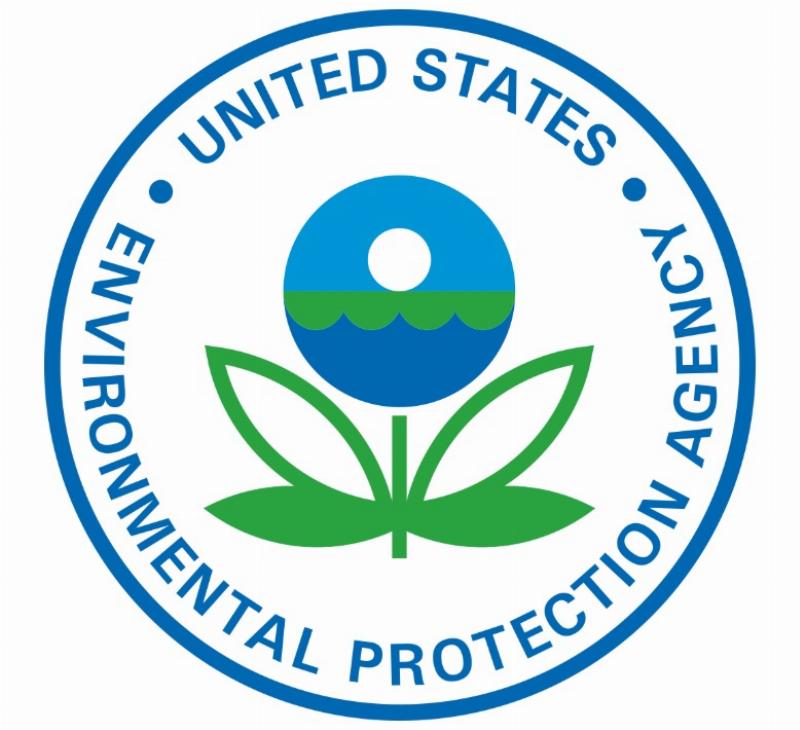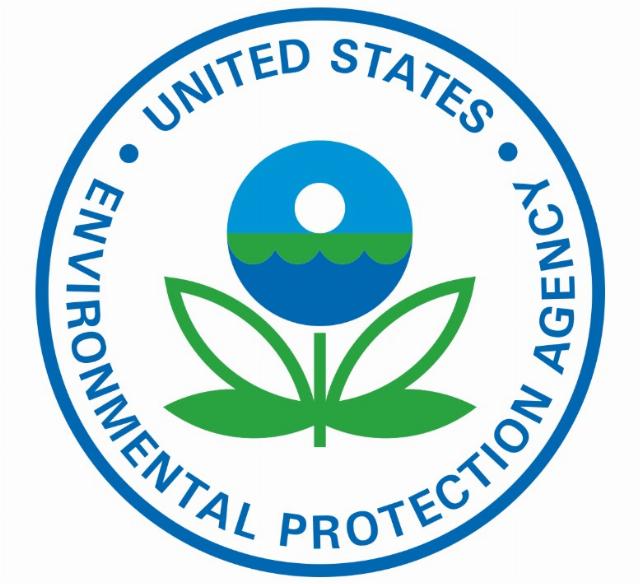


So far, there really is nothing negative to say about Lee Zeldin’s leadership at the Environmental Protection Agency (EPA) from a conservative point of view, except that maybe he has not gone far enough (yet) with deregulation. But there is one recent move that deserves some special attention.
EPA Deputy Administrator David Fotouhi recently gave Breitbart News some exclusive comments regarding the EPA’s “Guidance Portal” -- an online portal that provides a searchable database of important regulations and requirements for businesses and landowners. It’s meant to provide an easy-to-use guide. Fotouhi told Breitbart, “If you’re in any way subject to one of our regulatory requirements or statutory obligations, you can go on there and conduct a search and see very clearly what the agency’s interpretation of that requirement and how it applies to your situation.”
In other words, the Guidance Portal is intended to help people understand government environmental regulations so that average Americans and small businesses, who don’t have a team of regulatory lawyers on retainer, don’t accidentally run afoul of one of the many overlapping and complex rules and requirements. Things like the 1970 Clean Air Act (CAA), 1972 Clean Water Act (CWA), and 1973 Endangered Species Act (ESA), and their various updates, can all impact what someone does on their own property. Thus, landowners must be aware of every regulation and how they apply in their specific case. Zeldin also pointed out the portal should help alleviate some of the cost of hiring expensive attorneys that would otherwise be needed to navigate the maze of rules and regulations.
Feedback given to the EPA on the portal, Fotouhi told Breitbart, can also help the EPA find places they can simplify and get rid of redundancies and bloat. Imagine that!
This seems like something that should be a no-brainer, that everyone would support. However, during his first term, President Trump directed his agencies to do the same thing via executive order. Predictably, as soon as Biden entered the White House, he (or his handlers) put a stop to it, rescinding the order in a bid to suppress the guidance portals. While the Biden EPA was unable to totally shut them down without an official rule, they did stop updating them. Why might that be?
Opaqueness has its benefits for an enviro-tyrannical government. Making it more difficult for farmers to figure out if they are allowed to put a barn on their own land, or build a road, can prevent them from doing anything the EPA may not like. Opacity allows regulators to apply rules arbitrarily.
Environmental regulations, especially when vague, have destroyed many lives, especially under Presidents Obama and Biden.
 The first example that comes to mind is the recent Sackett v. EPA Supreme Court case, in which the EPA was leveraging ambiguities in the CWA to stop a family from building a house on the small lot they owned in Idaho. They were already in the process of moving earth when the EPA swooped in to say that their property counted as protected wetland because it contained “navigable waters.” The agency demanded the Sacketts put all the dirt back, imposing thousands of dollars per day in fines for every day they didn’t comply. Those “navigable waters” were a ditch near the property that sometimes filled with water when it rained heavily, which would feed a shallow creek.
The first example that comes to mind is the recent Sackett v. EPA Supreme Court case, in which the EPA was leveraging ambiguities in the CWA to stop a family from building a house on the small lot they owned in Idaho. They were already in the process of moving earth when the EPA swooped in to say that their property counted as protected wetland because it contained “navigable waters.” The agency demanded the Sacketts put all the dirt back, imposing thousands of dollars per day in fines for every day they didn’t comply. Those “navigable waters” were a ditch near the property that sometimes filled with water when it rained heavily, which would feed a shallow creek.
Fortunately, the Supreme Court sided with the Sacketts, but that was after 16 years in the courts. It never should have gone that far. It was absurd, but the EPA gets away with that kind of harassment when the law is nebulous, arbitrary, and difficult to understand. Most people won’t fight it out the way the Sacketts did because the idea of sitting in court for a decade or more is not something they can afford or handle.
The Sacketts case is just one of many. In particular, the CWA has a long history of vagueness, shifting definitions of what counts as navigable water, and arbitrary application. This has been fostered by the EPA to expand its mission and the scope of its authority.
In Allegheny Wood Products v. U.S. Fish and Wildlife Service, the Allegheny Wood Products company had applied for an “incidental take” permit -- a permit that would cover them just in case some endangered species were harmed by their logging operations being conducted on land that several different animals might live on. The Fish and Wildlife Service thought the company’s application was incomplete and did not think the company’s required “habitat conservation plan” was sufficient. Meanwhile, Allegheny Wood Products was losing millions of dollars while waiting for the permit to finally go through. The vagueness of the Endangered Species Act and how it applied to their situation in West Virginia caused delays and denials with FWS for more than a decade.
Again, this kind of uncertainty is devastating when regulators suddenly turn their ire toward you or your business. A Guidance Portal won’t stop the EPA from having vague and broad rules. But it will make it easier for average Americans to at least understand what the law requires and what actions they might take to avoid sparking agency oversight, control, and penalties. It should be clear what the law is and what it takes to comply with it. The Guidance Portal provides an electronic paper trail and something they can use as official EPA guidance.
Although there is still a long way to go before I would say the EPA has completely returned to its appropriate regulatory scope, increasing transparency is a good start to improve the EPA’s historically hostile relationship with property owners and businesses in the United States.
Linnea Lueken (llueken@heartland.org) is a research fellow with the Arthur B. Robinson Center on Climate and Environmental Policy at The Heartland Institute. X: @LinneaLueken
Image: EPA
